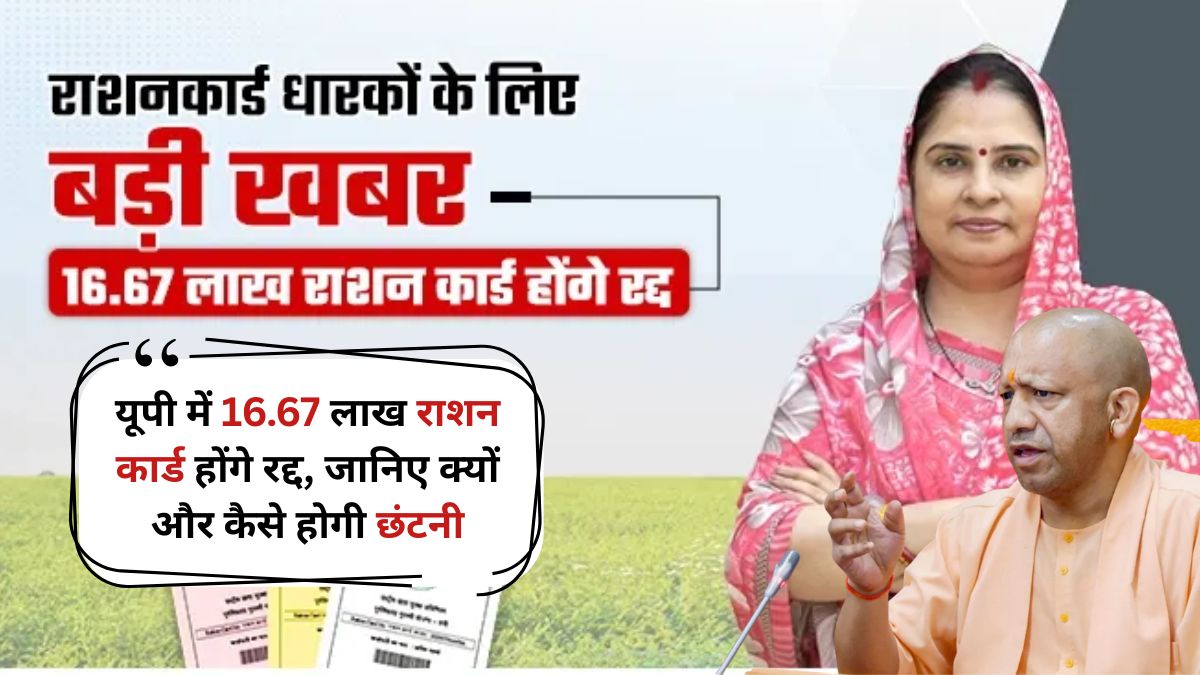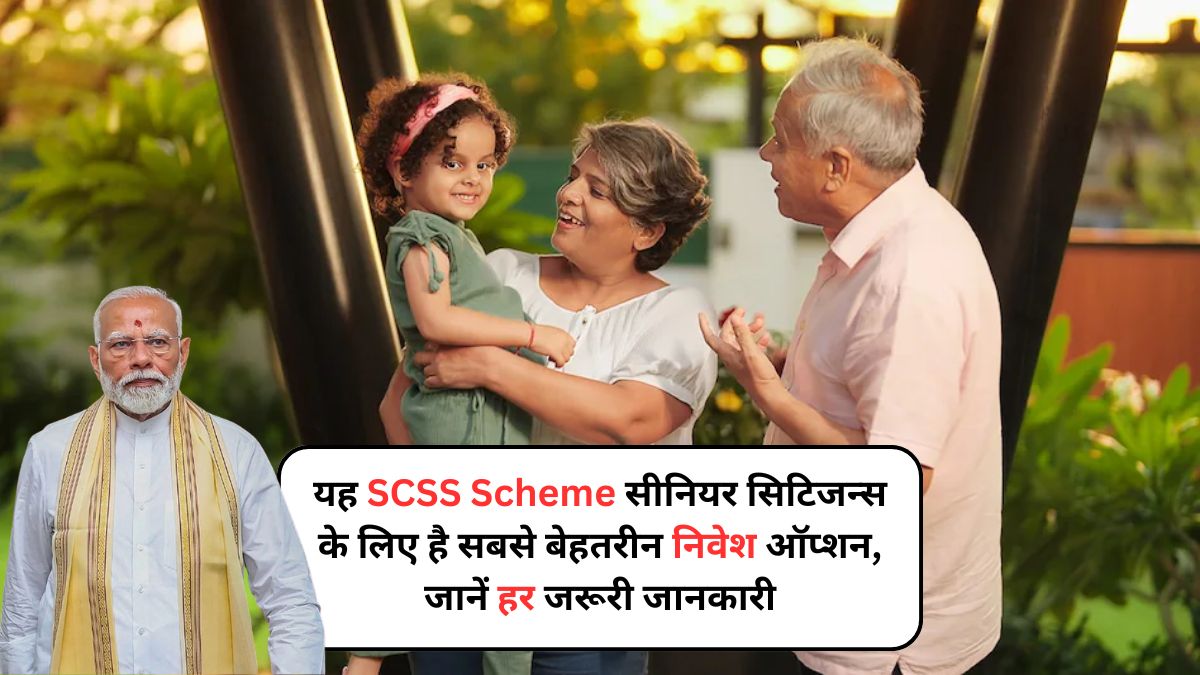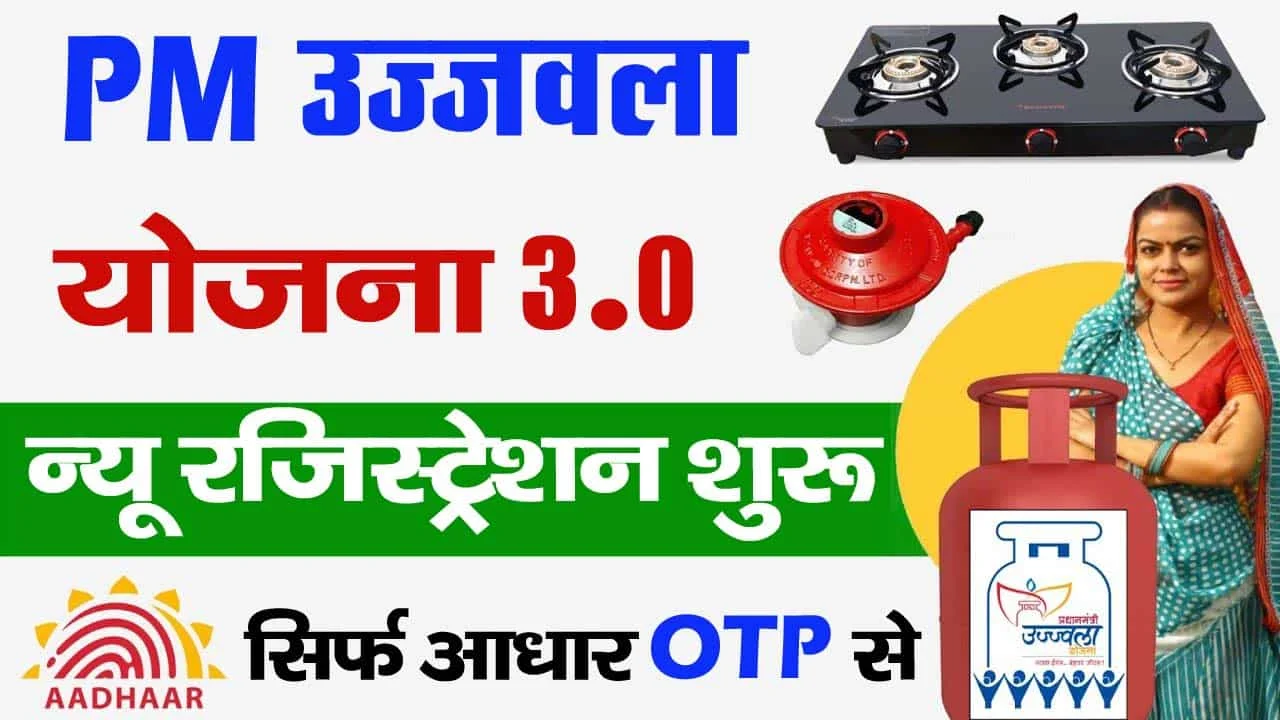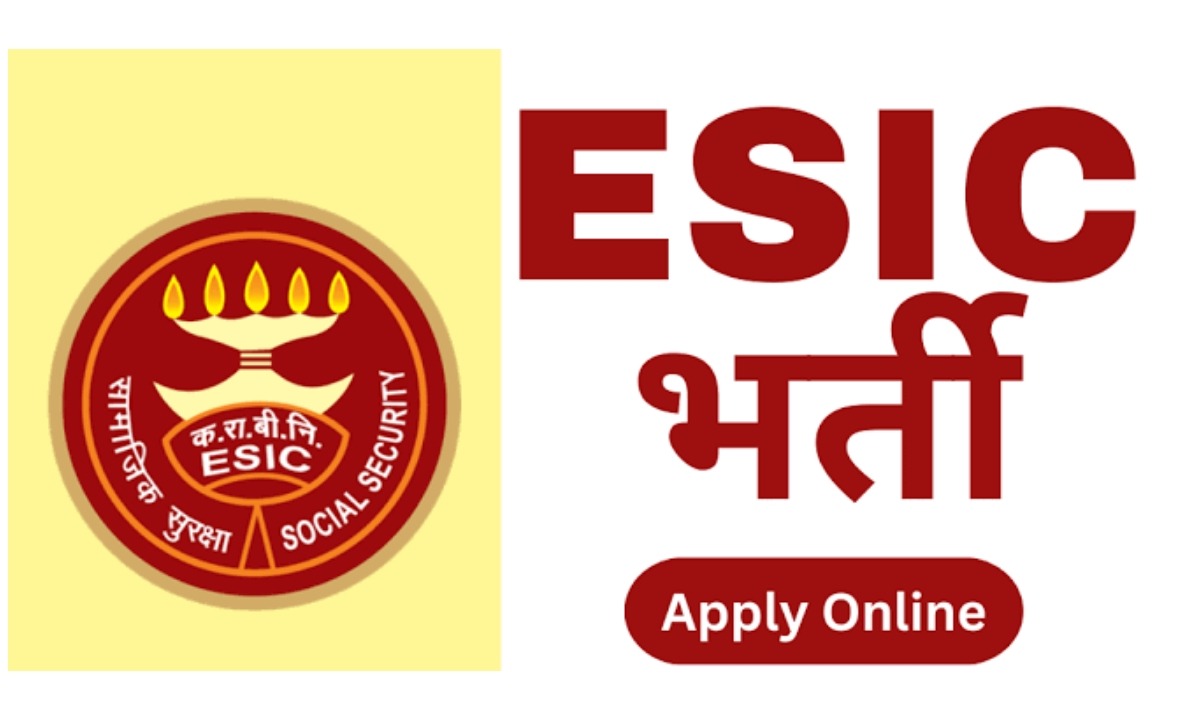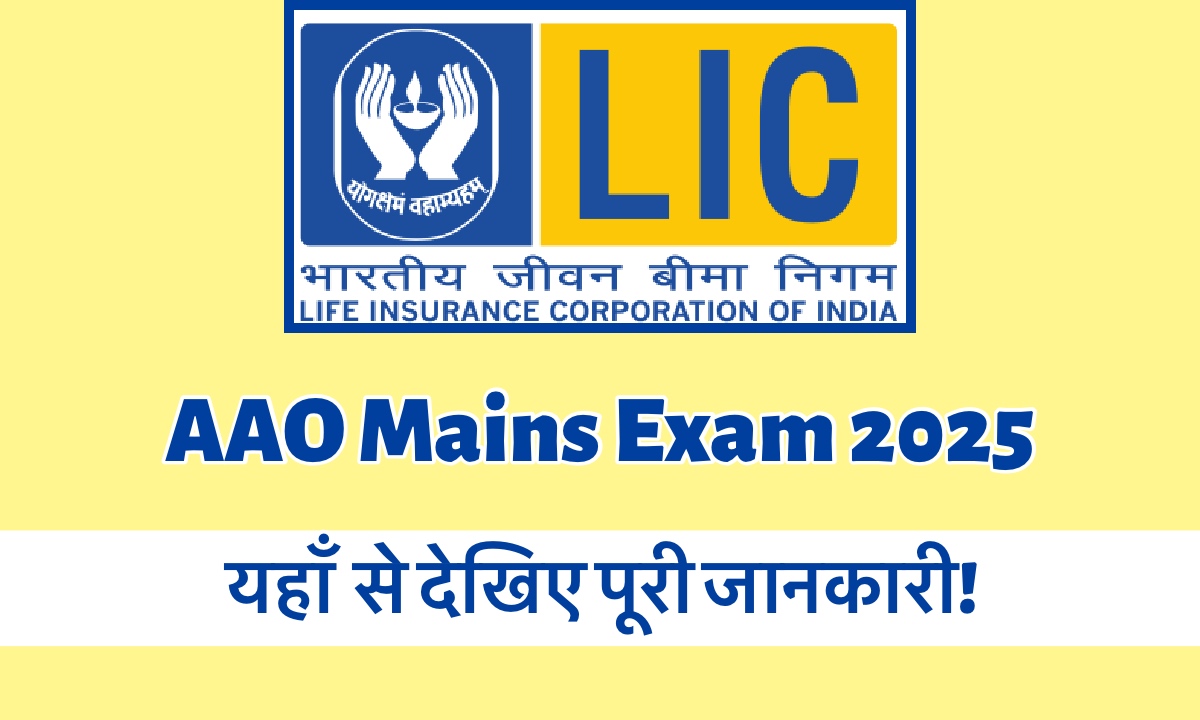The Ration Card Scheme: in India has been a lifeline for millions of underprivileged families, providing them with free or subsidized food grains under the National Food Security Act (NFSA). However, in a recent investigation, the Uttar Pradesh government has uncovered a massive Ration Card Schemeirregularity in the distribution of ration cards.
According to the Department of Food and Civil Supplies, more than 16.67 lakh ration card holders in UP have been found ineligible and are now set to be removed from the scheme. These individuals include income tax payers, large landowners, and vehicle owners—people who are economically well-off and not entitled to receive government-subsidized food grains.
Why Are These Ration Cards Being Cancelled?
The main goal of the Ration Card Scheme is to support economically weaker sections by providing free or subsidized food. However, the recent audit has revealed that many wealthy individuals have been illegally benefiting from this welfare scheme. Key findings include:
- Individuals owning cars or tractors
- Farmers with over 5 acres of land
- People earning more than ₹3 lakh annually
- Income Tax payers
These people were found listed as ration beneficiaries, thus diverting essential supplies meant for the truly needy.
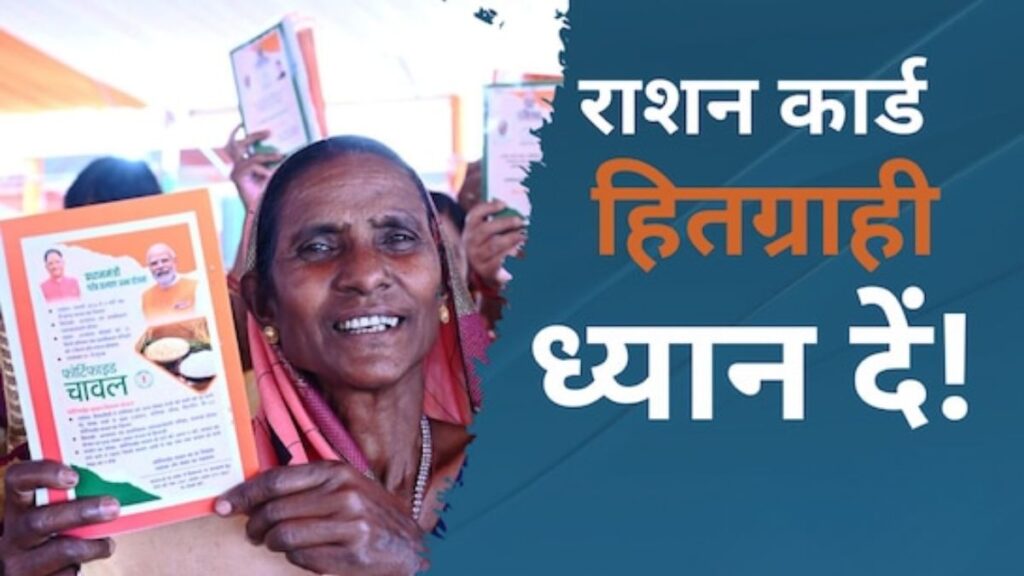
District-Wise Data of Ineligible Ration Card Holders
The department conducted a district-wise survey and released shocking statistics. Here’s a quick snapshot:
| District | Ineligible Ration Card Holders |
|---|---|
| Lucknow | 30,292 |
| Kanpur | 17,741 |
| Prayagraj | 16,652 |
| Ghaziabad | 13,912 |
| Bareilly | 12,494 |
Notably, Jaunpur alone had 39,269 income tax payers receiving ration illegally.
Big Farmers Also Under the Radar
In many districts such as Pratapgarh, Sitapur, and Aligarh, large landholders with more than 5 acres of farmland were found availing benefits under the scheme, despite being ineligible. The scheme is meant for marginal and small farmers, not those with significant agricultural income.
Who is Eligible for Ration Cards?
The UP government has set strict eligibility criteria under the Ration Card Scheme:
- Antyodaya Card:
- For the poorest households
- Annual income must be below ₹2 lakh
- Typically for people living below poverty line (BPL)
- Household (Grihasthi) Card:
- For low-income families
- Urban areas: income must be under ₹3 lakh
- Rural areas: income must be under ₹2 lakh
What Action Is the Government Taking?
In response to the misuse, the UP government has launched a large-scale verification and weeding-out process. The Food and Civil Supplies Department has begun canceling ration cards of all those who do not meet the eligibility criteria.
This drive is being carried out under the Deendayal Antyodaya Yojana and the National Food Security Act (NFSA) to ensure that only genuinely deserving families receive the benefits.
Why This Cleanup Is Important
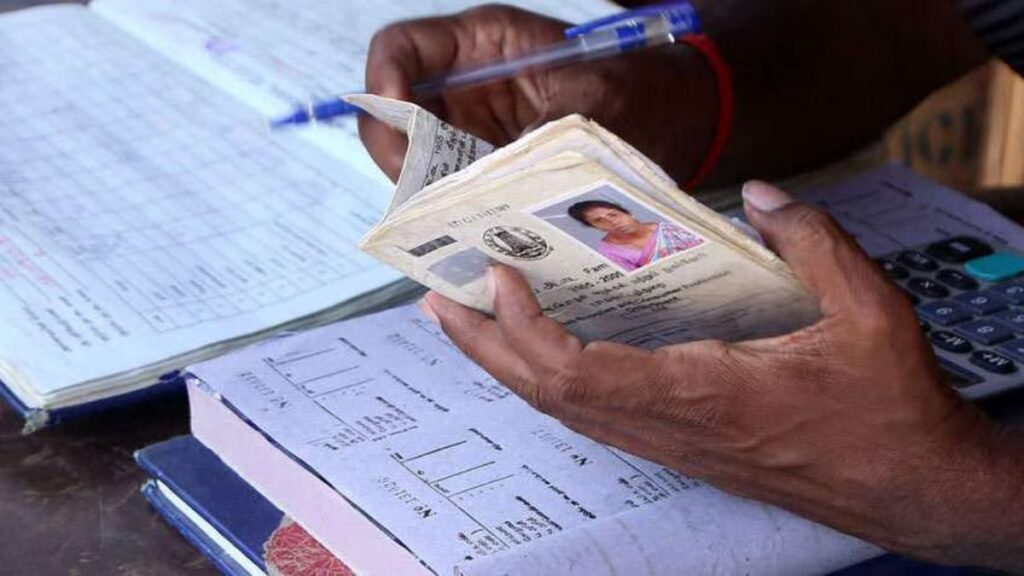
This cleanup is essential to restore transparency and fairness in the distribution of public welfare benefits. By removing ineligible individuals, the government ensures that food grains reach the truly needy, without being diverted to those who can afford to buy them.
This move is expected to:
- Improve the efficiency of the scheme
- Ensure proper resource allocation
- Reduce corruption and fraud
